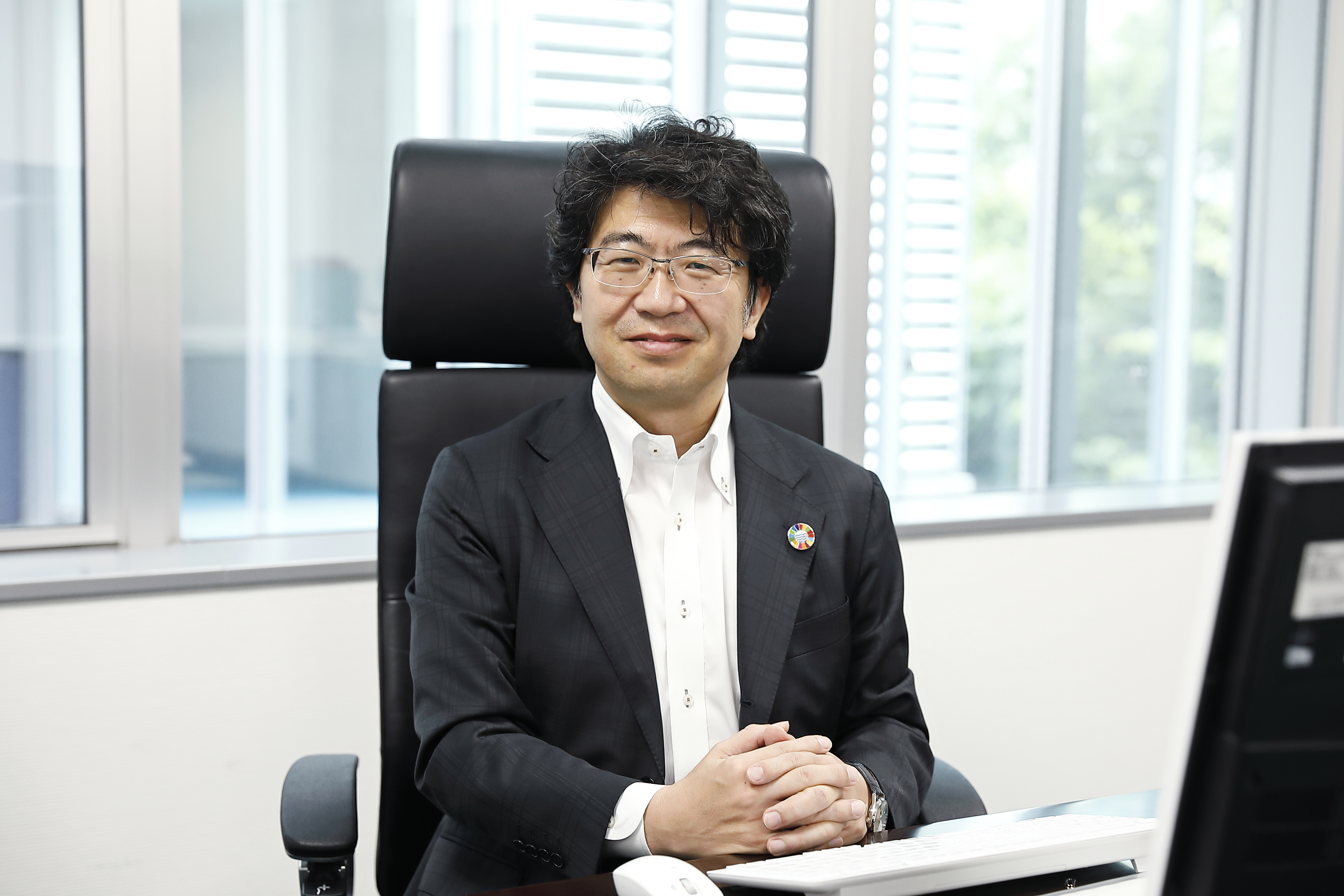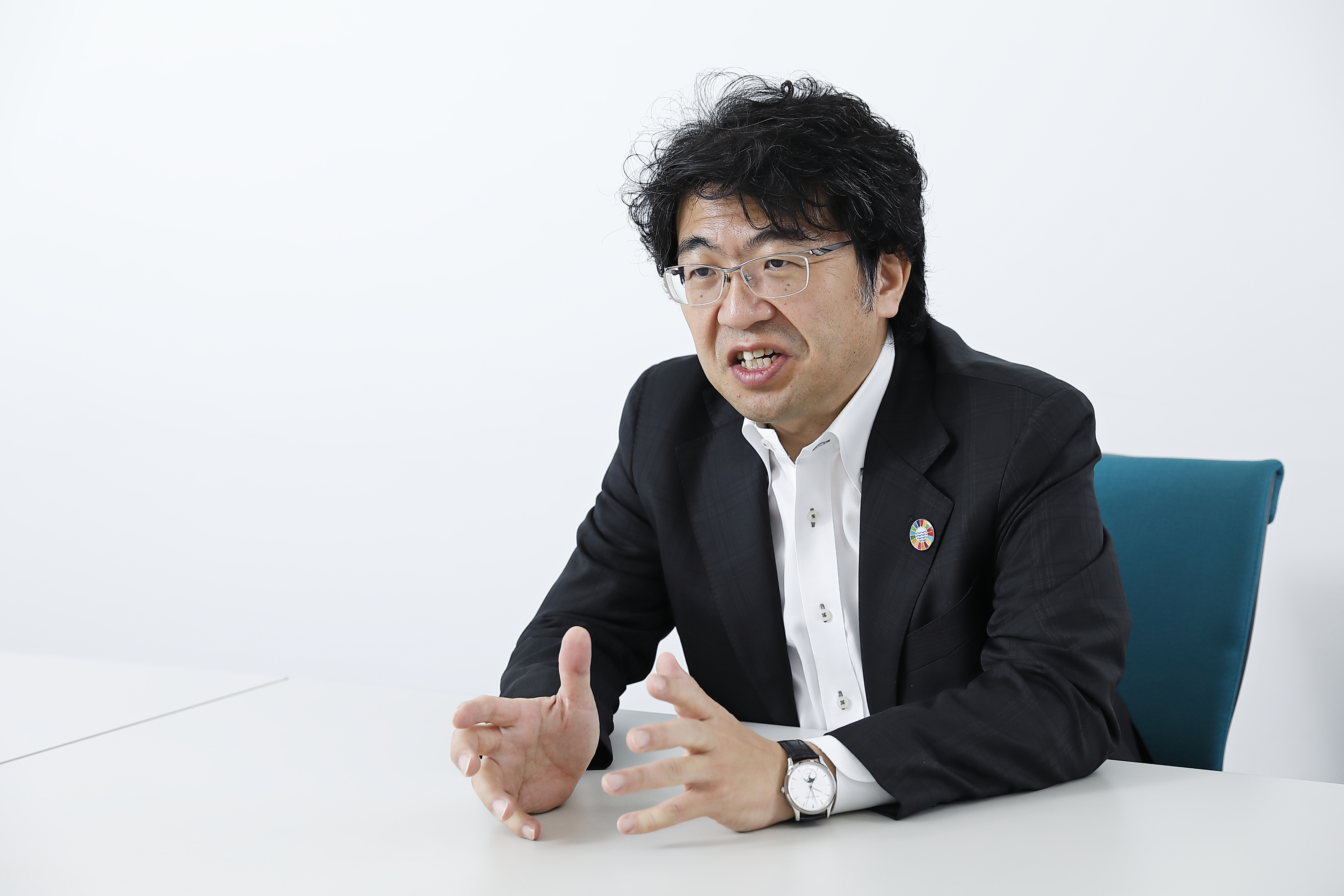
Graduated from George Town University's School of Foreign Service in 1988; Joined Nomura Research Institute in 1989; Reader at Columbia University Graduate School for International Relations and Administration in 1992 and obtained master's degree from the school in 1993; TAGS Fellow at Sussex University Science Policy Research Unit (SPRU) in 1997; Ph.D. in Politics from Columbia University in 2001; Ministry of Economy, Trade and Industry (METI) REITI Fellow from 2001-2003; GRIPS Associate Professor in 2003, GRIPS Professor and Assistant to the GRIPS President in 2015, Counselor for STI policy at the Cabinet Office from 2015 to 2018, GRIPS Vice President in 2016; Special Assistant to GRIPS President in 2019
Member of the S&T and Academic Council of the Ministry of Education, Culture, Sports, Science and Technology (MEXT), S&T Diplomacy Promotion Committee of the Ministry of Foreign Affairs (MOFA), Basic STI Plan Experts Committee of the Council for Science, Technology and Innovation (CSTI)
A: My expertise is in "Comparative Political Economy." It is to compare a country's political policies that are most deeply related to economics with other countries. Among those policies, I became interested in S&T policies in the 1980's when I was studying politics at Georgetown University in Washington, D.C. It was the days the US-Japan friction over semiconductor was heating up. I had believed from my childhood that the U.S. and Japan are in good relationship. However, I began to face American's hostile eyes toward me as I am a Japanese and their destroying Japanese products of state-of-the art technologies that Japan had nurtured. All of these made me to try to investigate why they happened. This was the motivation of my studying frontier S&T policies.
My Ph.D. thesis was the comparison of the policies on semiconductor between the US Regan Administration and the UK Thatcher Administration. I had thought that a government is not involved in markets, but the administrations were totally involved in frontier technologies for the 'security' reason. I analyzed the discrepancy.

A: I got a job in 2001 at the Research Institute for Economy, Trade and Industry (RIETI) that was just launched. RIETI is a government think tank administered by the Ministry of Economy, Trade and Industry (METI), which means that it helps establishing METI's policies. Half of the RIETI members were experts including me and another half were government administrators. I was very much delighted, as I could work and study together with the government administrators in establishing policies.
The first thing that I encountered in the environment that affects Japan was China that was just emerging. In the days only a limited number of researchers were studying China, I studied what was going on in China's frontier technologies and their mechanisms. The studies were made at the Japan Science and Technology Agency (JST) China Research Center, Tsinghua University and Peking University. In doing so, I could clarify the characteristics of the Chinese policy on frontier technologies in that it is the Chinese government that makes the markets and moves the market mechanism work.
A: It is because science has been affecting technologies more and more in the past one or two decades. For example, we see that the direct connection between such technologies as medicine, materials, and IT, and the scientific research results at universities is increasing. This eventually changes the nature of policies, and how to use science and how to connect science with development have become the issues in establishing policies. These factors have made me study S&T policies overall.
Moreover, I became to be involved in the process of policymaking focusing on big science like space development as an example of implementation of research results. As a Councilor of the Cabinet Office, I was involved in the Japanese Government's 5th S&T Basic Plan (2016-2020) and am participating in the discussions for the 6th Plan.
I am trying to do my best for the students to understand such policymaking process based on my experience and information. In Japan, a detailed coordination or explanation is required. I talk to the students that this process is very important. I am expecting some of my students to develop to be future policy makers or researchers.
A: The ImPACT program is a high-risk and high-return program, with a model of the programs at the US Defense Advanced Research Projects Agency (DARPA). I studied DARPA when writing my Ph.D. thesis and have kept connection with them since then. I think that my knowledge about them was of help in establishing the ImPACT Program.
The unique with the ImPACT Program was to leave the finance and team member selection with the program managers. 'People' are important to have a good result. As it was a high-risk technology development, the possibility of failure was high. However, a system to learn from the failure was also incorporated in the program. The only problem was that 5 years was not enough to accomplish a high-risk project, which was solved by the establishment of a follow-up program named 'Moonshot Research and Development Program' in 2019.
A: It is difficult in Japan to strongly pursue policies. Many policies are actually made at the division director level of ministries and agencies, which bottoms up the government policies. The Cabinet Office functions as a coordinator and is not likely to become a force for leading Japan. It would be important to establish Government-led policies for 20-30 years later based on the national interest.
As to the research projects, there are opinions that call for cost-effectiveness. However, it would be important to view the Government expenses for science as 'patronage.' Not only the promotion of frontier S&T, but also 'places for knowledge' including science museums, zoos, and libraries, should better be facilitated to cultivate people to understand science culture. This way, Japan's science base would be strengthened.